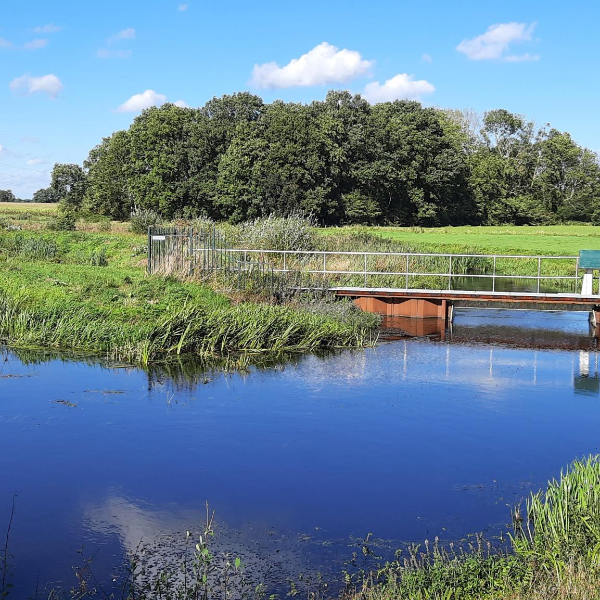Water quality: Collaboration and a comprehensive approach

Water quality: Collaboration and a comprehensive approach
The Dutch water quality and the Water Framework Directive are urgent topics that are receiving a lot of attention from politicians and authorities lately. A healthy water quality is no longer just on the agenda of concerned ecologists and water managers; it is now also a more widely discussed issue across society. All it takes to be confronted with the word ‘water quality’ is to open a newspaper. The first lawsuits on water quality are already underway, because we are not complying with our own legislation.
Wake-up call
Various sectors are also sounding the alarm, including Bouwend Nederland, the association of construction and infrastructure companies. The reason for this is that they fear constructions will be delayed or even halted because permits will no longer be issued due to the current state of Dutch water quality. In response to these fears, Witteveen+Bos conducted a study on the impact of poor water quality on our construction and infrastructure sector. Lianne Slagter, ecologist at Witteveen+Bos: ‘This study showed that there are certainly activities in the construction and infrastructure sector that interact with water quality to a greater or lesser extent. Examples include balancing or well drainage during the construction of houses, or work at water works such as the large-scale renovation of civil engineering structures. In other words, good water quality is at the heart of our construction and infrastructure, and therefore also our engineering work.
Own projects
Many colleagues at Witteveen+Bos are working directly or indirectly on improving the water quality every day. We advise on drinking water supply and the design of urban areas, support government policy advisers on water policy, advise on the construction of recreational facilities, et cetera. Water quality is a relevant issue in many of our projects. As a consultancy, we are in a key position to make a positive contribution to water quality: in the planning and design phase, works execution, and monitoring afterwards. A thorough knowledge of the area and advice based on a comprehensive (water) systems analysis are indispensable in this regard.
Training
To improve the knowledge and background on the WFD among policymakers and others, we are collaborating with PAOTM on a postgraduate course on the subject. Colleagues Sebastiaan Schep and Lianne Slagter share their expertise in the one-day course ‘Water Framework Directive in a wrap’. The next one is scheduled for 11 June. Visit paotm.nl/aanbod/kaderrichtlijn-krw-in-een-wrap (Dutch) for more information.
More information?
